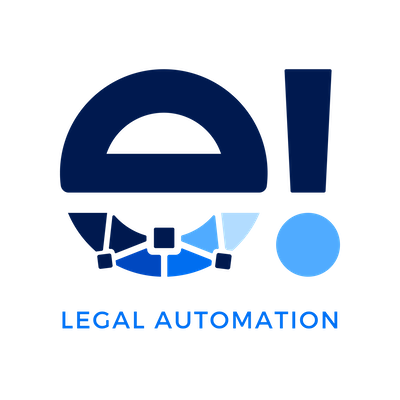AI predictive analytic tools are rapidly becoming a cornerstone in the legal sector, signaling a shift from traditional, intuition-based decision-making to a more data-driven approach. These state-of-the-art technologies are being implemented to augment human expertise and make more accurate predictions regarding the outcomes of legal cases.
For clients contemplating whether to proceed with litigation or opt for an alternative dispute resolution, these tools can provide invaluable data-backed insights. Likewise, for law firms and legal practitioners, employing AI predictive analytic tools can have a significant impact on resource allocation and case selection.
The increasing role of these predictive tools in the legal industry serves as an indicator of a broader technological revolution. No longer just a speculative concept, AI predictive analytic tools are a reality that’s transforming how legal professionals make decisions. This transformation has far-reaching implications, and the importance of being able to accurately predict the likelihood of success in a legal case cannot be overstated.
This article delves into the mechanics, benefits, practical applications, and ethical considerations of AI predictive analytic tools in the legal arena. As we proceed, we’ll uncover how these tools are not only changing the face of modern legal practices but are also setting the stage for a more efficient, cost-effective, and equitable legal system.

A Technical Overview of AI Predictive Analytic Tools
Understanding the technical aspects of AI predictive analytic tools can seem daunting, but it’s crucial for grasping their transformative potential. At their core, these tools leverage machine learning algorithms to analyze large sets of legal data. They can sift through years of case histories, legal precedents, and even social factors that may influence a case’s outcome.
Natural language processing (NLP) is another technology commonly employed. NLP enables these tools to understand and interpret the legalese in documents, making it easier to draw actionable insights. Combined with data mining techniques, these analytics tools can identify patterns and trends that would be impossible or highly time-consuming for humans to spot.
As AI technologies continue to advance, the predictive capabilities of these tools are likely to become even more accurate. It’s a burgeoning field with tremendous promise for the legal industry.
Benefits of Using AI Predictive Analytic Tools for Legal Cases
The application of AI predictive analytic tools in the legal sector brings several benefits. One of the most significant is the time-saving aspect. Legal professionals can spend countless hours researching and analyzing to predict a case’s outcome. These tools can drastically cut down that time, providing instant access to relevant data and predictions.
Another advantage is cost-effectiveness. By speeding up the analysis process, these tools also reduce the man-hours needed, translating into financial savings. This could make legal services more accessible, thereby democratizing the legal system to some extent.
Most importantly, these analytics tools provide more accurate and data-driven predictions, enabling lawyers and clients to make informed decisions. Whether it’s deciding if a case is worth taking to court or negotiating a settlement, having data-backed insights can be incredibly empowering.
Real-world Applications
Several case studies highlight the practical applications of AI predictive analytic tools. In criminal law, for example, these tools have been used to predict the likelihood of reoffending, thereby informing sentencing decisions. In civil cases, they’ve helped in estimating settlement amounts based on historical data and various influencing factors.
But it’s not just in litigation where these tools show their value. Law firms are also using predictive analytics for internal purposes, like resource allocation and performance evaluation. These real-world applications underscore the versatility and utility of AI predictive analytics in today’s legal landscape.

The Double-Edged Sword
While the advantages of using AI predictive analytic tools are clear, they also raise several ethical concerns. One pressing issue is the potential for algorithmic bias. If the data used to train these tools contain biases, the tools themselves could perpetuate these prejudices, leading to unjust outcomes.
Another ethical dilemma is the “black box” nature of some AI algorithms, making it challenging to understand how a particular prediction was made. This lack of transparency can be a significant concern in legal settings, where explaining the reasoning behind decisions is often required.
Law firms and practitioners must be vigilant about these ethical considerations to ensure that the use of AI predictive analytic tools enhances the legal process rather than undermines it.
Conclusion
AI predictive analytic tools are set to play an increasingly significant role in the legal industry. With advancements in machine learning and data analytics, these tools will likely become more sophisticated and accurate. However, challenges such as data privacy concerns, ethical considerations, and the need for legal frameworks to regulate their use will also evolve.
As we look towards the future, it’s clear that these predictive analytics tools are not just a passing trend but a transformative force in the legal industry. They have the potential to make the legal system more efficient, equitable, and, most importantly, more just.
By staying abreast of these technological advancements, legal professionals can equip themselves to navigate the evolving landscape effectively.






